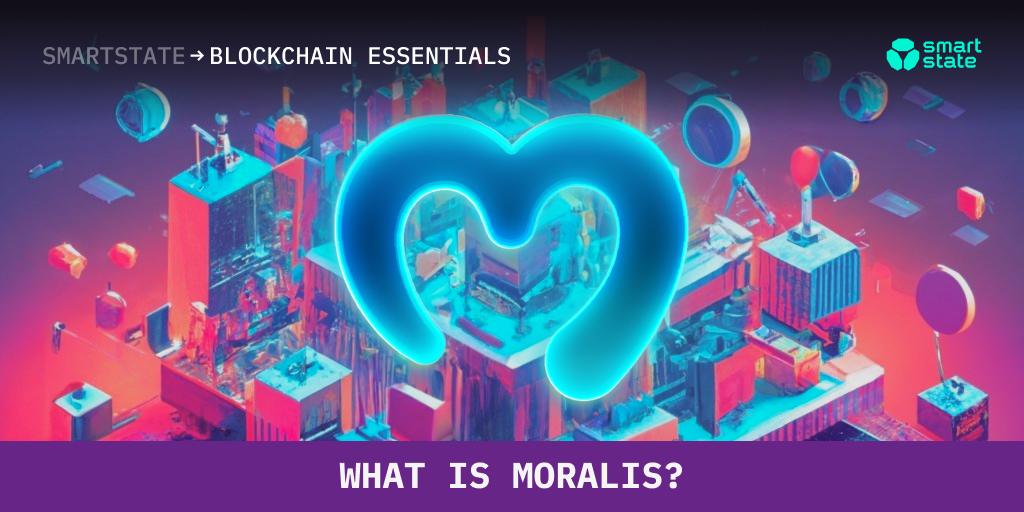What is Moralis?
Moralis is a dev platform that offers a Web3 toolkit to create, launch and grow dApps in one place. This is one of the leading services for creation and deployment of dApps on different L1 chains, including Ethereum, Binance Smart Chain, Polygon and more. It provides solutions in middleware. There is no vital necessity to create something new and genuine working at Moralis. Only a couple of hours would pass from opting in to nodes up to prototyping, testing and dApps launch. SDK Moralis and a variety of API interfaces are at the developer’s disposal to work with tools and basic code.
Moralis features
The platform offers a wide array of features that enable developers to focus on the core functionality of their dApps without having to worry about the complexities of blockchain integration. Some key features of Moralis include:
- Blockchain Integration: The platform supports seamless integration with various blockchain networks, including Ethereum, Binance Smart Chain, and Polygon (formerly Matic). It provides APIs and SDKs that allow developers to interact with smart contracts, retrieve blockchain data, and perform transactions.
- User Management: Moralis simplifies user management by providing authentication and authorization services. It enables developers to handle user registration, login, and account management, ensuring a secure and seamless user experience.
- Real-Time Data Sync: The platform offers real-time data synchronization capabilities, allowing developers to keep their dApps updated with the latest blockchain data. This feature is particularly useful for applications that require real-time updates, such as decentralized exchanges or gaming platforms.
- File Storage: Moralis provides decentralized file storage solutions, allowing developers to store and retrieve files securely on IPFS (InterPlanetary File System) or other compatible decentralized storage networks. This feature is essential for applications that require file storage, such as content sharing platforms or decentralized file storage systems.
- Scalability and Performance: Moralis is designed to handle high traffic and scale with ease. It leverages cloud infrastructure to ensure optimal performance and reliability, even during peak usage periods.
- Analytics and Monitoring: The platform offers analytics and monitoring tools that provide developers with insights into their dApps' usage, performance, and user behavior. This data helps developers optimize their applications and make informed decisions.
The platform supports a wide range of programming languages and frameworks, making it accessible to developers with different skill sets. It aims to simplify the development process and accelerate the adoption of blockchain technology by providing a comprehensive backend infrastructure solution.
Moralis opportunities
Moralis is a fast way to create contract-powered DeFi applications and provides tools for making token creation procedure faster and easier. It offers special ‘speedy nodes’ which help to run blockchain nodes quicker. It is also convenient that it supports a number of popular networks (including Ethereum, BSC, etc) and continues expanding steadily in cross-chain support infrastructure, helping to cut down on cost, time and forces.
The platform helps to enhance application functionality by means of code snippets and the data from Moralis database is always at hand.
Another useful tool is Moralis Price API, which displays up-to-date on-chain data on the monitor and offers price calculations for different tokens, related to the application transactions, so it helps to control token management and trading.
It also helps to collect all NFT information (no matter user’s or of a contact), get and write data from/to IPFS and all events, emitted at a certain smart contract, and resolve an UD (Unstoppable Domain, a multi-purpose blockchain domain).
Conclusion
Moralis is a scaling supplier of Web3 server infrastructure which helps to solve the issues connected with Web3 development. It allows the developers to focus on extended interface and makes Web3 development easier, even though traditionally dApps and DeFi projects are quite complicated in terms of configuration, administration and maintenance, slowing the process down and raising the expenses.

